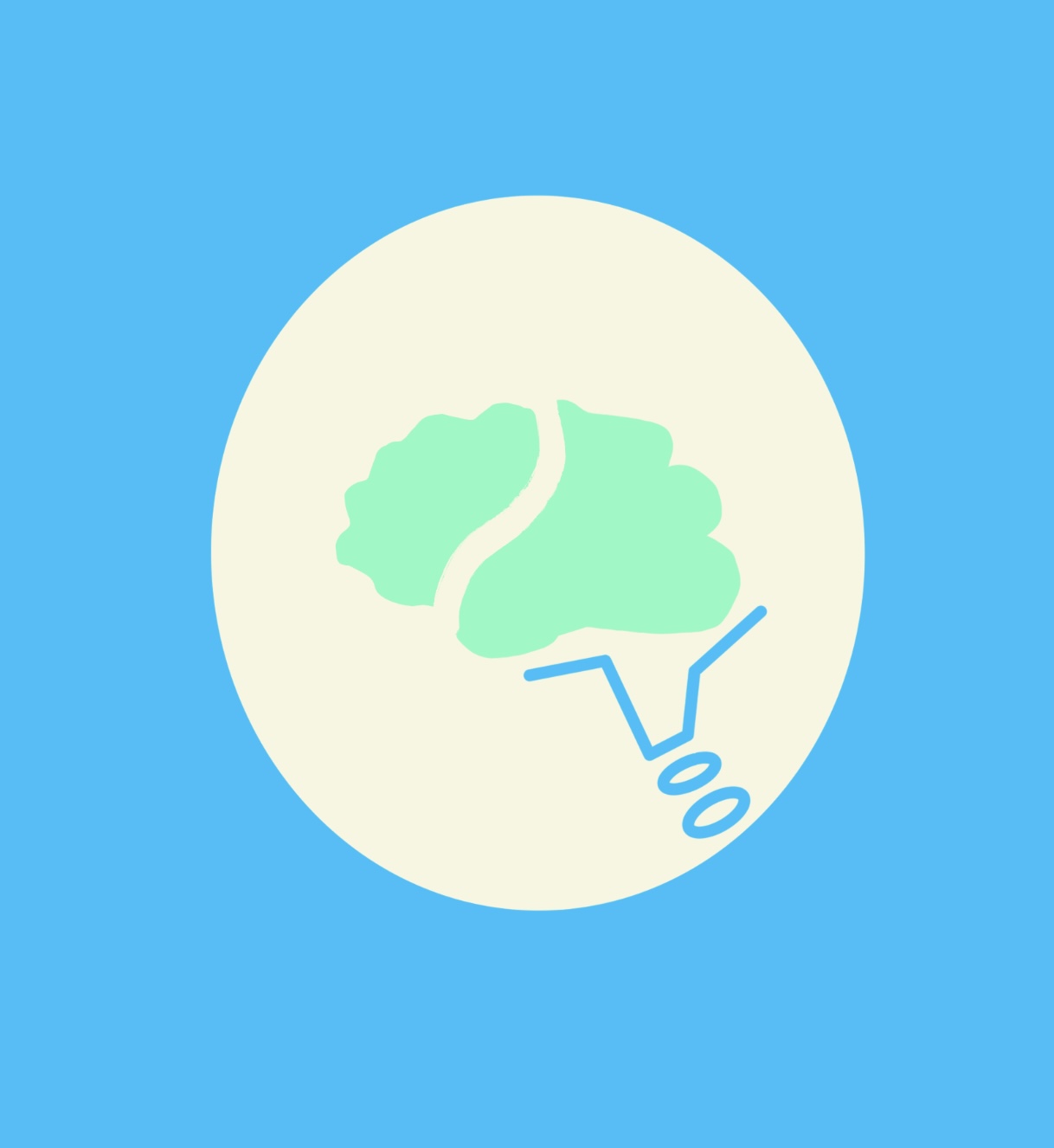The Path to Standardization
Naturally, humans tend to gravitate toward what they are familiar with. The problem with this mindset arises when dealing with conditions such as orphan disorders (a term used to denote neglected disorders) as treatment paths are anything but familiar, with each disorder introducing a new, complex approach to what was previously known. This introduced complexity makes it increasingly difficult for healthcare professionals to standardize treatment options, often leading to confusion and errors in diagnosis. The common occurrence of medical errors when dealing with rare brain disorders also tie to the limited amounts of exposure in medical places, where only about 30% of rare diseases are well-known to healthcare providers, often leading to overgeneralization of symptoms, and eventually, misdiagnoses.
Geographical Challenges in the Treatment of Rare Brain Disorders
In addition to the small patient population, geographical barriers further complicate the diagnosis and treatment of rare brain disorders. Distance among patients and clinics can lead to gaps in research, especially among rival countries. This hindrance in communication halts the unification of research, and can limit the effectiveness of treatment regarding disorders where there are only a handful of current cases to study. Overall, international collaboration is essential for overcoming barriers and improving patient care, as it helps ensure consistent diagnostic practices, effective and direct treatments, and an overall better outcome for patients.Confusion in the Field of Medicine
The lack of regulation when dealing with rare neurological disorders often results in fragmented patient care, where individuals are seen by multiple specialists who may not be fully aware of each other’s treatment plans, once again highlighting the importance of inter-communal communication. This fragmented approach makes it increasingly difficult to capture the full scope of symptoms, causing medical professionals to conduct incorrect diagnoses in hopes of progressing the treatment process for a patient.
Source
https://www.eurordis.org/wp-content/uploads/2009/12/EURORDISCARE_FULLBOOKr.pdf
https://www.gov.uk/government/publications/uk-rare-diseases-framework/the-uk-rare-diseases-framework
https://www.sciencedirect.com/science/article/abs/pii/S0141813024012169
https://www.eurordis.org/wp-content/uploads/2009/12/EURORDISCARE_FULLBOOKr.pdf
